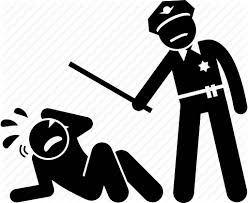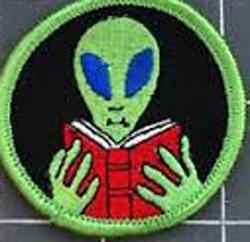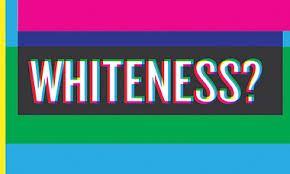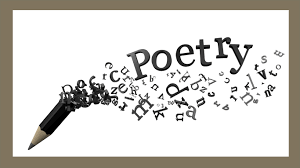 DeRay Mckesson is a Baltimorean who got activist during the Ferguson protests and is prominent in the “Black Lives Matter” movement. He wrote a book, On the Other Side of Freedom: The Case for Hope. I wanted to like it.
DeRay Mckesson is a Baltimorean who got activist during the Ferguson protests and is prominent in the “Black Lives Matter” movement. He wrote a book, On the Other Side of Freedom: The Case for Hope. I wanted to like it.
The opening chapters reminded me of when an opposing lawyer called my first major brief a “Proustian stream of consciousness.” It wasn’t a compliment. (I was the sidekick on that brief; the next I wrote alone, more coherently.) Mckesson seems to string together a flood of thoughts as they occur to him, with no organization or clear line of argument.
The third chapter is much better, focusing on police vis-a-vis blacks. Mckesson’s basic point is that the police have little accountability. We hire them to uphold our laws but they become a law unto themselves. The book explains this in detail, examining local police contracts, negotiated by their unions, geared toward protecting cops against any misconduct charges, by creating roadblocks for complaints.

Which brings us to the chapter on white privilege. Here again, unfortunately, the author throws together a welter of ideas, many really rhetorical non-sequiturs, with no coherent line of argument. The “white privilege” trope is polemical jiu-jitsu. It’s not that whites enjoy some special status. What they get is what everyone should get — human privilege. The problem is blacks not receiving it. A simple concept unspoken in Mckesson’s treatment.
“Black Lives Matter” is not a negation of other lives mattering. It’s black lives mattering as much as others. Recognizing the reality that for most of our history, and even now in many places and many hearts, they matter less. Mckesson never says anything so straightforward. The point, like so much else, gets lost in all his verbal gymnastics.
Nearing the book’s middle, I realized that two words in particular were weirdly absent: slavery and lynching. They finally did get a passing mention. But Mckesson first unfolds a bizarre analogy to a stolen lottery ticket, enriching the thief and his descendants, while the victim’s remain poor. As if losing an unearned lottery windfall is remotely comparable to the suffering of slavery and lynching.

It’s as though Mckesson can’t bring himself to talk plainly about such things. Odd, considering all his assertions that America isn’t truly confronting its race situation, actually one of his key themes.

What?? Maybe I’m too dumb to grasp what he’s talking about there. Or maybe it’s just meaningless word spinning.
Mckesson too often gets tangled in such rhetorical knots and convoluted concepts. He says Charleston racist killer Dylann Roof didn’t get called a “terrorist” to somehow avoid holding him accountable and to “preserve this lie” that crimes by blacks reflect racial pathology whereas white people’s crimes are “just the errant actions of individual actors.” What??
The author’s indictment encompasses most whites, few (if any) meeting his stringent wokeness test, hence being part of the problem in his eyes. Too broad a brush, methinks. Meantime, notwithstanding his mention of Dylann Roof, he says little about burgeoning white nationalist ideology, egged on by Trump, which is coming to be recognized as the nation’s number one terrorist threat. Even absent continued shootings, this poison’s spread could tear the country apart. Mckesson has no answer.
The antepenultimate chapter is a breath of fresh air. Starting it, I sat up and realized this immediately. No more cutesie rhetorical pyrotechnics but clear eloquent honesty — about his growing up gay and how he’s come to terms with it.

